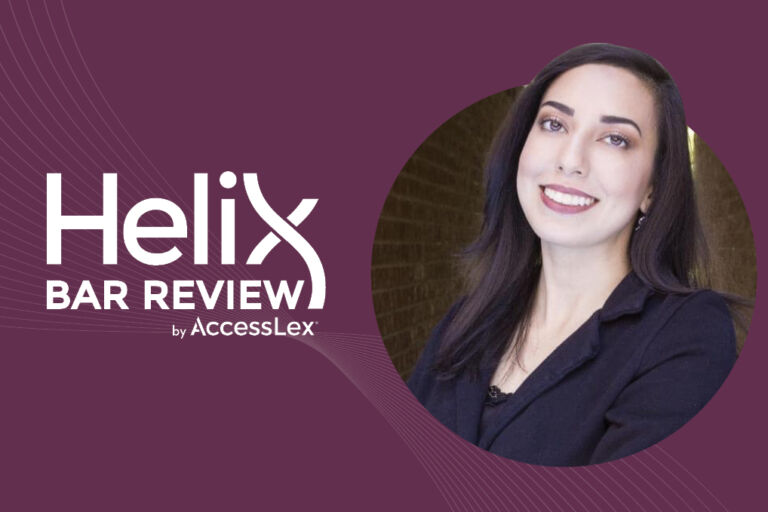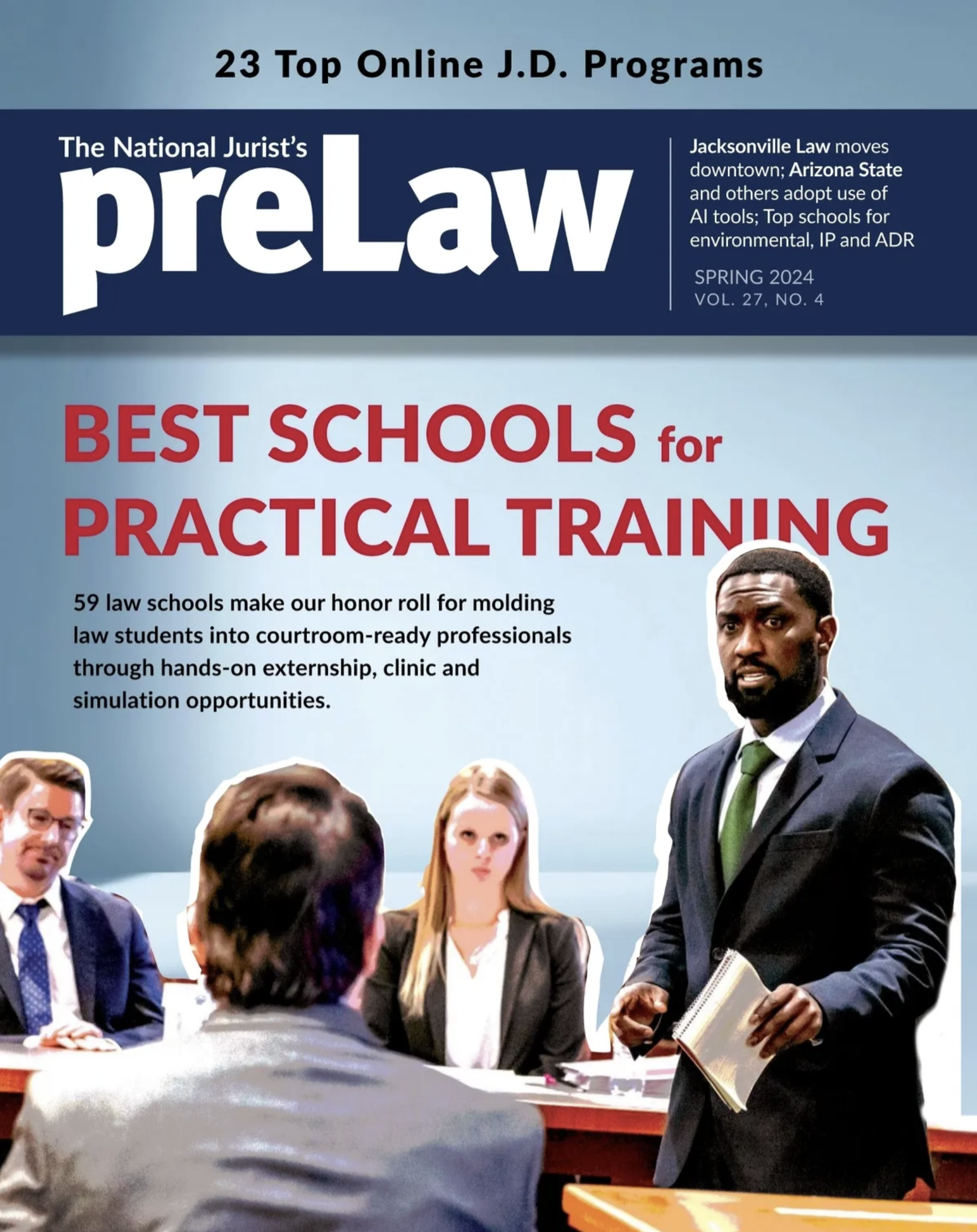The law schools in Arizona are attempting a dramatic new approach to revolutionizing law school.
In December, the Arizona Supreme Court approved, on a provisional basis, a proposal that allows qualified 3L students to take the February bar exam starting in February 2014. The Court’s decision is temporary until December 2015, at which time it will be evaluated to determine whether the rule should be permanently changed.
The decision is the result of a proposal jointly created and submitted in January of 2012 by University of Arizona James E. Rogers College of Law, Arizona State University – Sandra Day O’Connor College of Law, and Phoenix School of Law.
The purpose of changing the rule is to offer students the chance to take the bar exam earlier, so they can start interviewing for jobs sooner and begin paying off their student loans.
“The main goal would be to allow our students the opportunity to get licensed sooner and affectively decrease the cost of their legal education,” said Judy Stinson, associate dean for academic affairs at Arizona State University College of Law. “If students take the bar in February, they can be licensed in May and start working right away.”
She said in Arizona, a number of public employers and some of the smaller employers will not interview people until they have passed the bar. This means it may be a minimum of six months before a graduate can even begin applying for a job where bar passage is required.
The whole concept came about a few years ago when Marc Miller, dean at University of Arizona, and his colleague Jack Chin (who is now at U.C. Davis) had a similar conversation about the benefits of third-year students taking the bar in February prior to graduation.
“Jack raised the question whether it would be possible for students to take the bar exam in February during their senior year, out of the concern that it takes many months for students around the country to study for the bar exam and wait for results, all the while worrying about paying loans, what job they can get and so on,” Miller said.
He said from that point on, he and his colleagues began thinking about what the third year should provide for law students.
“Like others [in academia] around the country, we’ve been wrestling with a coherent goal for the third year of law school and how it should be a transition from theory to practice,” Miller said. “We spend a lot of time teaching doctrine and other skills, but how do we put it into affect and into play to produce even more affective graduates?”
Around September of 2011, Miller and Sally Rider, associate dean at University of Arizona, pitched the idea to Rebecca White Berch, chief justice of the Arizona Supreme Court. Within a few days they touched base with all five members of the court and were ready to discuss the idea with Arizona State University College of Law and Phoenix School of Law.
“This is a fantastic state to work in, it’s a state where you can call members of the board of governors, fellow deans, managing partners and firms ask for a meeting, and the uniform answer is ‘of course’,” Miller said regarding the swift call to action by professionals in the state. “Within a very short time, all three schools were on board to move forward and figure out how it would work.”
Miller said from that point on, it was about a half-year process of reaching out to the bench and the bar to get support for the proposal, and almost one year after submission, it was approved in early December.
Of course there were some skeptics about whether the proposal is a good idea. Stinson said in the past, the state of Georgia had a similar rule, but they ended up reversing that it because the law schools complained they did not have the chance to come up with curricular solutions. Many of the students taking the bar in February were simply skipping classes in January and February.
“This proposal is different because it was submitted by the law schools with full anticipation that we would have to develop a curriculum to take advantage of their studies,” Stinson said.
Not every student will want to take the exam in February. In that case, students will be allowed to pursue the traditional third-year option. Each school is taking a slightly different approach with the new curriculum.
“The [third-year] students would not be in classes in January and February, the time they would be studying for the bar,” said Stinson, regarding the curriculum for Arizona State University College of Law. “They would have to have all of their other graduation requirements completed other than these final credits.
She said during March and April will offer a cap-stone-like experience that take advantage of what students learned while studying for the bar. The goal is to better prepare the students for real-life work experiences.
“We think it will be a chance for some curricular reform,” Stinson said. “There’s been so much criticism about third year of law school and how it is, in a way, useless and we think we can make this helpful in terms of students’ education and solve some of the financial issues.”
Miller agrees that the decision will generate a lot of interest and discussion around the country about legal education reform.
“I think this will help to change the conversation nationally,” Miller said. “I think it is the most significant response to the current critique of legal education in the country, because it affectively lowers the cost because by allowing students to begin working earlier and it makes professional licensing a part of the course of legal education.”
Only time will tell if the decision proves to be a success, but the law schools in Arizona are confident the proposal will change legal education for the better.
“I see it as a move that does make sense in this kind of environment,” Stinson said. “I’m glad our supreme court was willing to vote in favor of it and allow us to give this a try.”






